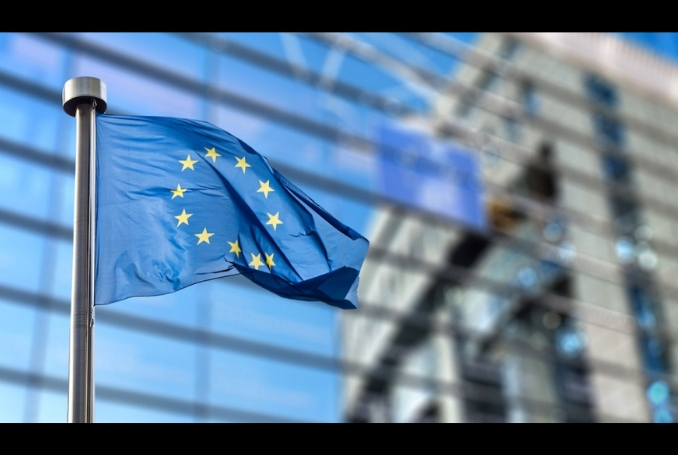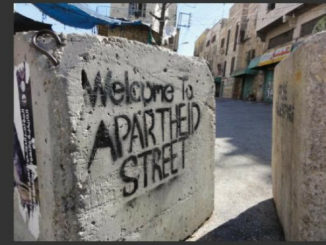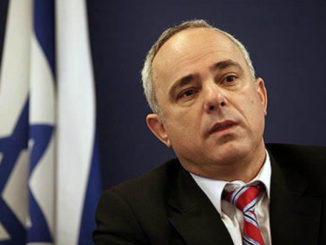
The closest the international community ever got to an unequivocal condemnation of Israel’s settlement expansion since 1967 was through the UN Security Council Resolution 2334 (2016), albeit containing the usual flaws which spare Israel’s colonial presence since 1948, not to mention the ubiquitous endorsement of the two-state compromise.
Instead of treating this resolution as a premise from which further action against settlement expansion could be taken, the State of Palestine’s Permanent Observer declared the resolution important if it was “to be meaningful and salvage a two-state solution from relegation to history’s archives.”
With such an endorsement to the detriment of the Palestinian people, why would the international community take steps to at least halt settlement expansion as the first step to reverse the Zionist colonial project?
On September 18, the EU deemed it worthwhile to regurgitate its periodic statements to remind that “all settlements in the occupied Palestinian territory, including Jerusalem, are illegal under international law.” Needless to say, the EU’s statement achieves nothing more than perfunctory hyperbole.
Meanwhile, Israel has been swiftly altering Palestine with full impunity. In response to Israel approving a new settlement on the outskirts of Jericho, the EU exposed its concern that the news, along with the possible annexation which remained the main focus in the last days leading up to the Israeli elections, would “challenge the viability of the two-state solution and threaten regional stability and the prospects for peace.”
Again, the EU is concerned about its diplomacy, not with Palestinian lives and land. So much, in fact, that discourse about annexation and the two-state paradigm is far removed from the Palestinians. After all, Palestinians serve the humanitarian project, in the eyes of the EU. Hence the bloc will do nothing but “monitor the situation closely, including any steps towards possible annexation, and act accordingly.”
While Israel changes Palestine’s landscape to accommodate its colonial project, the EU’s relevance is heightened in terms of how it allows Israel to violate international law without raising the possibility of holding it accountable. Monitoring Israel’s illegalities without holding Israel’s presence accountable is the safest way to coerce Palestinians into silence about the ravaging of their land. In addition, the Palestinian Authority is also partial to promoting EU rhetoric while keeping Palestinian concerns away from any possible dissemination.
Are Palestinians concerned about annexation? As far as the media is concerned, a few solitary articles are enough to remedy the imposed silence. Even worse, Palestinians are always deprived of spaces to act, rather than react. The international community’s imposition of additional hardships on Palestinians, in terms of speaking over the people to keep them in political seclusion, is the same tactic applied by the EU in its statement.
The only equivalence and a treacherous one at that is that both EU statements and Palestinian voices quoted in mainstream media are confirming an irreversible reality. This means that the international community has spent decades allowing Israel unlimited time to redefine its aims and what constitutes a prolonged and alleged temporary situation that glosses over the colonial reality which has stolen Palestinian land and lives.
– Ramona Wadi is a staff writer for Middle East Monitor, where this article was originally published. She contributed this article to the Palestine Chronicle.







